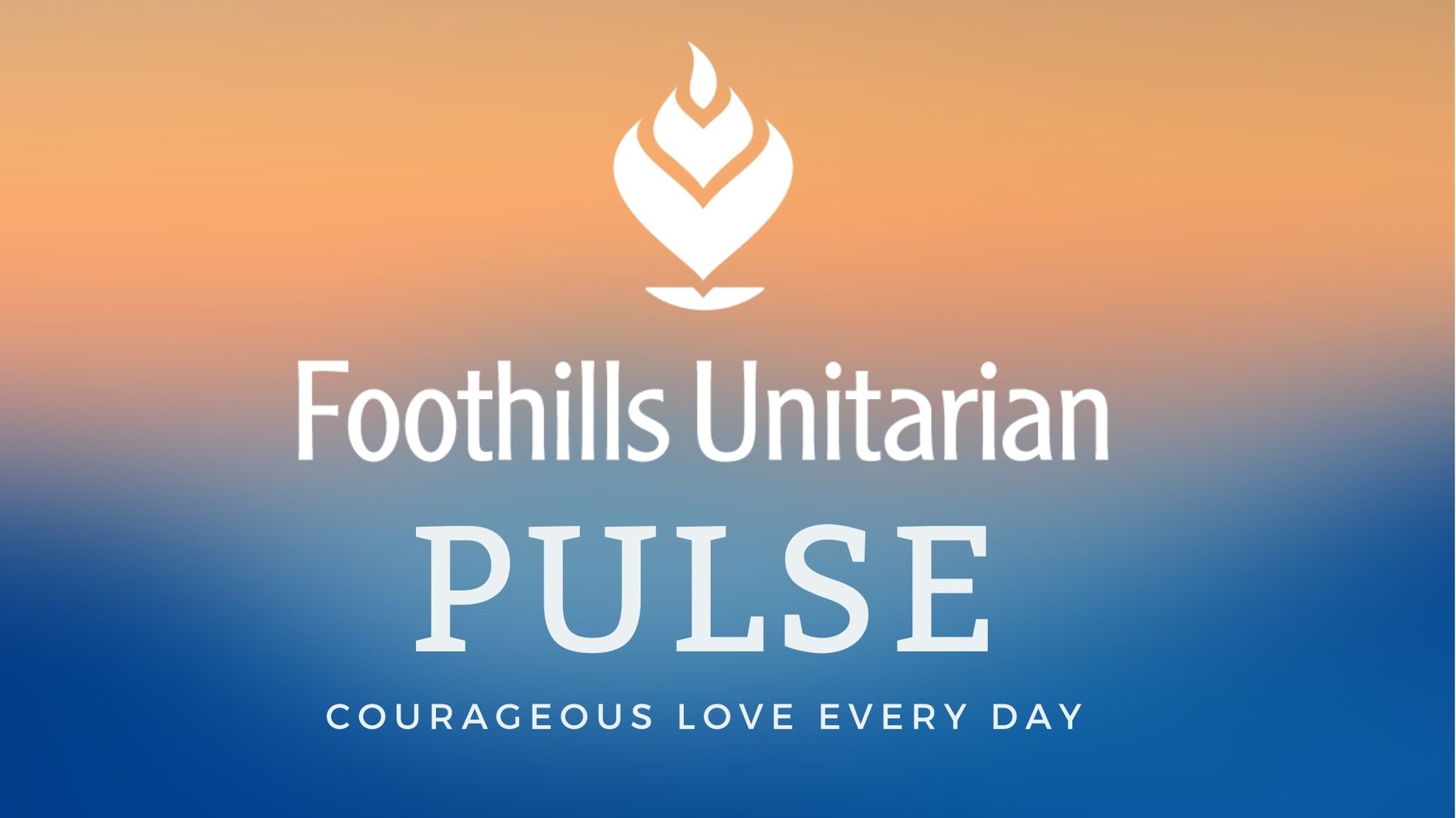[vc_row][vc_column][vc_column_text]If you judge a meeting by its agenda, September’s board meeting did not appear to have blockbuster potential.
There was a final discussion and vote on revisions to Section 1 of our policy book, which describes how we govern in this new era of policy governance.
There was a continuation of discussion of in-progress policy writing that clarifies what misconduct is, how we should respond to credible reports, and how we intend to prevent it through clearer expectations of self-care and other layers of support for ministers and staff.
There was yet more discussion about how working on becoming an anti-racist board will unfold and why it represents the fourth pillar of our work under policy governance — linkage. Linkage is how we connect to our sources of accountability and authority, and our work this board year will include discerning who we are accountable to as a board, beyond our congregation, and why.
All of that work is valuable and important, and that’s why we do it. But it was not necessarily thrilling.
However, there was an absolute gem embedded in senior minister Rev. Gretchen Haley’s monthly monitoring reports — a report that we were honestly wowed by, and one that exemplifies what great work we can do together now, thanks to our shift to policy governance.
Rev. Gretchen brought to the board for our approval the Ministry’s interpretation of our seven vision statements. This interpretation — which Ministry will soon be sharing with the congregation — consists of inspiring, creative, meaningful, impactful, and practical elaborations of our vision statements, along with some of the strategies to bring them to fruition.
If you were here two years ago, you will remember that the board of trustees conducted a huge visioning effort with 350 participants in 22 sessions, that resulted in 570 individual wishes for Foothills’ future that the board then distilled down into 7 visionary statements to guide all the work that we do over the next 5-7 years.
That massive visioning work was possible because we had recently transitioned to policy governance.
We had delegated to the Ministry all the “means” of making church happen, as long as it unfolded within the guidance and limitations set out in our policy book.
This delegation empowered the Ministry to live into its most creative potential and freed the board up to do the work of crafting a vision of Foothills’ future with the congregation, a vision informed by the needs of all who are yet to join us and those whose justice work we wish to support in the larger community.
The visioning interpretation report represents the next step of taking our vision statements — which communicate how we want to be changed by our co-creation of our congregation and what sort of a difference we want it to make in the world — and translating them into an action plan to guide our collective work in the years to come.
This sort of bold, future-oriented co-creation is what we can do with great intention and effectiveness, thanks to our shift into policy-based governance.
Once the board finalizes our review and approves the interpretation, Ministry will share it with the congregation. That interpretation will be used to inform the creation of next year’s proposed budget, which the board will review at next month’s meeting. We will then present the proposed budget to the congregation for its review and vote in a congregational meeting scheduled for 11 am, Sunday Nov. 15.
All of which is to say, stay tuned for more exciting news about the future of this fabulous congregation we are co-creating!
In faith and courageous love,
Sue Sullivan
Board President[/vc_column_text][/vc_column][/vc_row]
